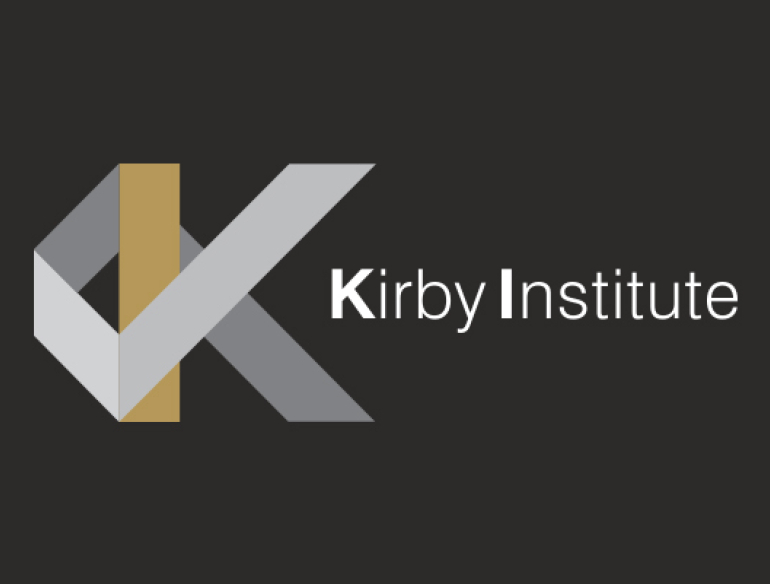With a success rate far above the national and state averages, the Kirby Institute has been awarded $7.55 million in the latest round of National Health and Medical Research Council (NHMRC) grants.
The grants scheme awards a total of $630 million to Australian Institutions for health and medical research. The latest recipients were announced by the Federal Health Minister Sussan Ley on Monday.
In an increasingly competitive grant environment, the Kirby Institute had an overall NHMRC application success rate of 30 percent; almost double that of the national and NSW success rates.
The NHMRC success rate reflects the Kirby Institute’s standing as a leading international research organisation conducting work in the areas of infectious diseases and blood borne viruses. The new project funding will contribute to impactful research in the areas of HIV, hepatitis C, justice health, HPV, and Indigenous health.
NHMRC highlights for 2016
-
Director of the Kirby Institute, Professor David Cooper has been awarded $2.3 million to lead a randomised trial to compare new drugs versus recommended standard antiretroviral therapy in people with HIV infection who have failed recommended first line therapy.
-
Associate Professor Jason Grebely is one of three UNSW recipients of a Career Develop Fellowship of $463,652. Associate Professor Grebely will monitor and improve health outcomes among people with hepatitis C.
Associate Professor Grebely is also the Chief Investigator on a Partnership Grant of more than $1.25 million exploring hepatitis C in opioid substitution settings.
-
Professor Tony Butler received a Project Grant of $1.4 million to conduct a trial of a prison-based intervention for Aboriginal and non-Aboriginal female perpetrators of violence.
-
Associate Professor Andrew Vallely received a Project Grant of $890,000 to conduct a field trial on the impact of HPV-DNA testing for cervical cancer screening in high-burden, resource limited settings.
-
Three Early Career Fellowships of more than $300,000 have been awarded to Kirby Institute researchers, making up one third of all early career fellowships awarded to UNSW researchers. Dr Bridget Haire received a fellowship to investigate the ethical aspects of disease control, Dr Behzad Hajarizadeh will be exploring hepatitis C treatment as prevention in a prison setting and Dr Mark Polizzotto will be looking at immune interventions for people with HIV and cancer coinfection.
- Dr Mary Poynten received a Project Grant of $220,000 to investigate serological responses to anal HPV infection.
